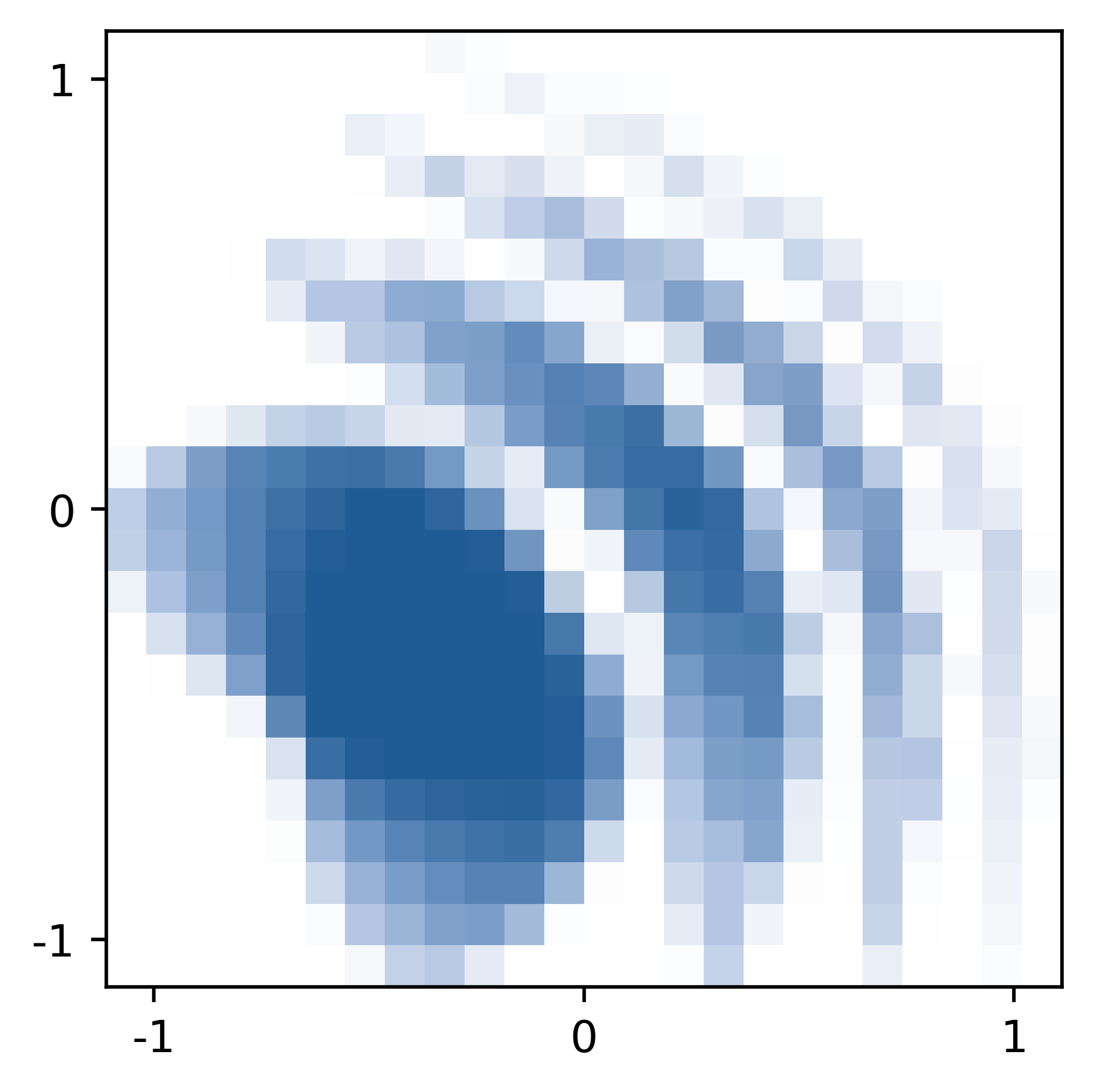
Research Software Engineer for Computational Science and High Performance Computing#
Introduction#
Interested in how scientists write and use software to analyse and visualise data? Run simulations and make their work reproducible? Use laptops, workstations and HPC systems to support their work?
If so, you may be interested in the recently established Scientific Support Unit for Computational Science at the Max Planck Institute for Structure and Dynamics of Matter : We combine research software engineering services with research into computational science.
Our mission is to provide our scientific colleagues a mixture of training, support, and collaborative work in computational matters to enable and contribute to leading edge scientific research in the respective fields of the scientists - typically in physics and material science.
The unit provides a High Performance Computing (HPC) installation, and supports software engineering for simulation and data analysis, data science and visualization. Your tasks include the software development for simulation, for data-analysis and visualisation, some system administration, and the delivery of training to students and staff.
Collaboration with scientists of the institute takes a key role. The SSU group researches computational methods and infrastructures to stay at the forefront of computational science.
Your backround, experience and skills#
We are looking for a highly motivated and dynamic person to work on scientific software development, often aimed at high performance computing. The ideal candidate should have a university degree (master) in computer science, physics or related fields, and the ability to work and collaborate within a diverse team. Ideally, you have experience and knowledge in the following areas:
In-depth Python knowledge, including libraries relevant for numeric computation and data analysis
Good knowledge of a compiled language (such as C, C++, Fortran, Rust, …)
Enthusiasm for good software engineering methods (such as version control, testing, CI)
Talented communicator in English (German skills are welcome but not required)
Experience working as a researcher or as a software engineer
Performance engineering experience (such as making existing software faster or more memory efficient)
High Performance Computing experience as a user
Willingness to work interdisciplinary and acquire new skills
Any of the following is a benefit, but none are essential:
Linux system administration
Machine learning
Experience designing or contributing to open source software
Use of GPUs or other acceleration hardware
Experience designing and delivering training on computational topics
Experience working with large data sets (for example hdf5)
Photon science, condensed matter, or computational magnetism experience
Why work for the Max Planck Society - Our offer#
You will be part of a team of scientists and engineers with complementary and overlapping experience, and work in multiple interdisciplinary collaborations to advance science. Training on the job is offered and expected - computational science is a quickly moving field.
We offer an innovative and well funded environment, providing time and trust to support the best scientists with the best computational science to carry out curiosity-driven research. [See https://www.youtube.com/watch?v=zZFyD8kSaIo&t=1s for a 75 second introduction to the Max Planck Society.]
The Computational Science unit in the Max Planck Institute for the Structure and the Dynamics of Matter is embedded in the Center for Free-Electron Laser Science (CFEL), and well connected with the Max-Planck Compute and Data Facility, national and international networks such as the research software engineering community, and further collaboration partners.
We offer an attractive remuneration up to TVöD E12 according to the German public pay scale. The appointment is for two years with the possibility to be made permanent subsequently.
You find the home page of the unit at http://mpsd-computational-science.github.io . Please get in touch informally with questions you may have before applying (hans.fangohr@mpsd.mpg.de).
How to apply#
Deadline has passed.
